- Home
- Recent Articles
- Best Age to Retire
The
Best Age to Retire?
What Is
the Best Age to Retire?

The best age to retire is whatever age you are when you feel the desire AND you have the financial means to support yourself, without your current job, for the rest of your life.
So, the real question should be: “When is the best time to retire. Regardless of age.”
The answer to this questions is going to be different for different people.
So, how do we decide?
Let's take a look at how to make a good decision.
The Best Age to Retire:
What
We Need to Consider

As we plan for our retirement, we have to determine what we will need to retire comfortably. Here are the basic four considerations:
- Personal Circumstances
- Personal Needs
- Plans for the Future
- and, usually #1: Finances
Finances Are #1

This is almost always the #1 criteria for most seniors when they are deciding on the best age to retire.
Why?
Because, as we all know, it takes a certain amount of money to pay our bills and other living expenses.
For some, the first consideration in determining the best age to retire, will be wellness issues. But, even then, our expenses are at the top of our considerations list.
There’s no getting around it. What matters most, when deciding on the best age to retire, is being prepared financially.
Taking the Big Leap
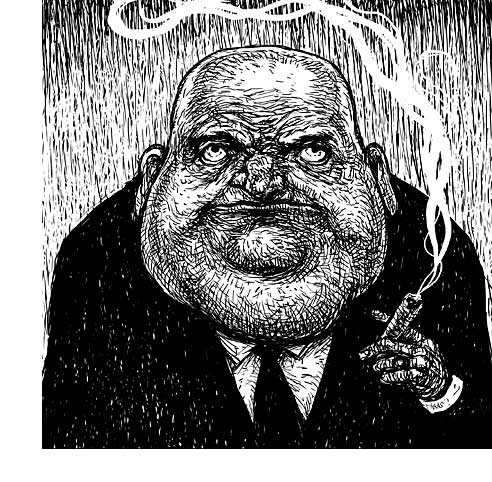
How many times have you been close to just handing your boss a resignation letter? Even just the thought of that can be overwhelmingly joyous to so many of us seniors.
Just make sure you're properly prepared. If you are properly prepared, you'll be ready to go anytime. So, the best age to retire will simply be: "whenever you want to". And, the "Big Leap" should be lots of fun!
However, it can be a big mistake if you’re not ready to live without that paycheck. So, check and double check what you will be living on for the next many years.
Do You Really
Want to Retire?

For many seniors, this is a really stupid question. Right? Of course you do.
But, this is an important question. For those of you counting the days, believe it or not, not everyone wants to retire. At least not for quite a while.
Though most of us relish the idea of retirement, a lot all of us enjoy our work right now very much and want to keep working.
So, in trying to determine the best age to retire, we decided to take a survey to find out just how many seniors would like to retire now (or soon), what age they are, and how many don’t want to retire now, and when they would retire.
The Best Age to Retire
SURVEY
We sent our retirement survey to a list of 217 seniors who are still working (age 60+). 173 responded.
Of the 173 who responded, 132 said they would retire early if they had enough money. The median age was 60.
29 seniors said they enjoyed working and would like to keep working, at least, part time for as long as possible. This group saw 75 as the median age for retirement. A few even said 90!
12 said they would no longer be able to support themselves and their spouse if they quit working. Ever. They can see no end in sight.
Most of our seniors, 60+, said they want to retire as soon as they can.
When You Retire,
What Are You Going to Do?

When we retire we suddenly, and I mean suddenly, have a LOT of free time.
Most of us went right from 12, 15, or 18 years of schooling into the workplace. AND, most of us have been working continuously since then. Our weekdays have mostly been very busy and filled.
Retirement often seems like Paradise.
However, what many of us seniors don’t take into account is: Our lives, and often out identities, have revolved around our jobs for a very long time. We have spent more hours with our colleagues than with our own families.
When we retire, all of that ends. Suddenly.
The Paradise of retirement, time to do anything we want at anytime, has been so alluring that we don’t always take thought of what we will be losing besides our paychecks:
- Social Connections
- Purpose
- Routine and Schedule
After
The Honeymoon

The first few weeks and months of retirement are usually quite marvelous! And, they should be. Paradise at last!
We sleep in. Eat meals when we want. Do whatever we want whenever we want to. Great! Right?
Those seniors who can afford it often take extended cruises and vacations around the world. Other seniors will garden relentlessly. Some take up a sport. Or, a hobby they never had time for, like woodworking, or cooking, or sewing. Etc, etc, etc….
But, when the honeymoon ends, when the most wonderful novelty wears out, what will we do?
Too much empty time alone can be a real shock. Deafeningly lonely. Even traumatic. This unpleasant emptiness, the sudden feelings of isolation, and the loneliness that comes with it is called Post Retirement Trauma.
What
Will You Be Doing?
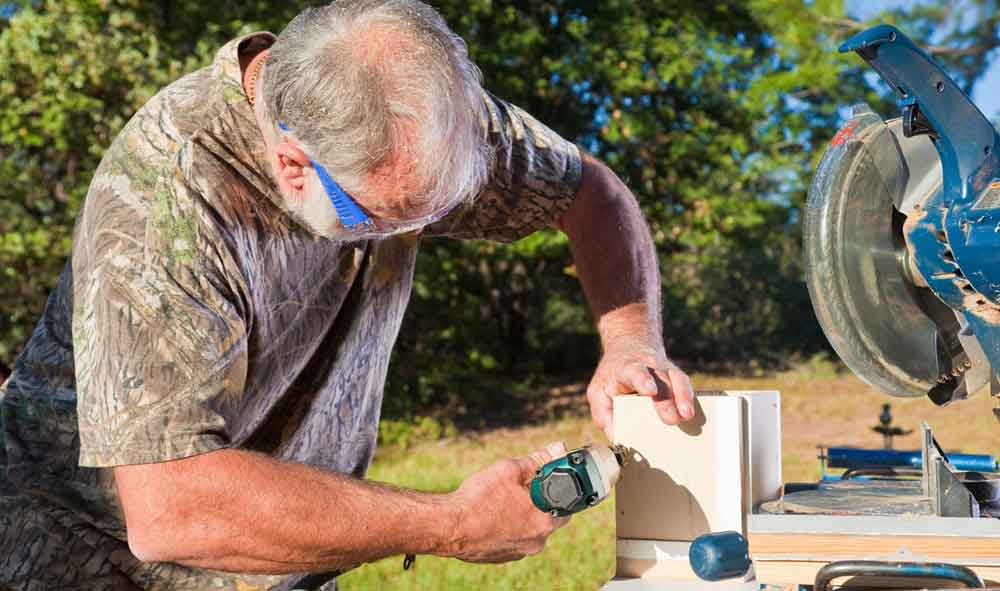
The problem is not retirement itself, but what you do in retirement.
And, there in lies the key!
Not only do we need to plan our nest egg strategy, we need to plan our activities strategy when we are determining the best age to retire.
We all need things to do every day. Things we are interested in. Things that bring us Joy and Happiness. A sense of accomplishment, purpose, and fulfillment.
- Are you planning to work part time?
- Thinking of starting a new mini career? Consulting?
- Have you always wanted to start your own business?
- Will you be devoting the hours of your days to your Artwork?
- Building boats?
- Writing that novel? Or, poetry?
- etc….
Is more time to socialize and assist at charitable functions is in the plan?
Is finally getting into a good exercise program is on the list?
Is regular traveling is on the menu?
Retirement
should truly be the golden years of your life.
If on the other hand, you have no plan and become a couch potato, watch endless TV, drink a lot more alcohol and over eat every day, stop most socializing, etc… it is scientifically documented that you are headed for greater physical problems, depression, and an earlier grave.
The TWO
Most Important Considerations

The two most important questions to ask yourself, and your spouse, when deciding the best age to retire are:
1) Will I be financially stable if I live a long time?
2) What am I going to be doing from now on?
Are You Ready
to Retire?
When figuring out the best age to retire, many seniors dream about what it would be like to retire early. Right? Paradise awaits!
No more getting up when you want to sleep in. No more being pushed around by the boss. Or, the “new policies”….
But, will you have enough in the savings and income department to sustain your life comfortably?
What About
Early Retirement?

For some seniors, early retirement may be necessary. There may be wellness issues.
Sometimes, just a deep feeling of being “burnt out” has enveloped you from having worked too long and too hard at whatever you are currently doing.
Sometimes, there is just an overwhelming desire to quit something that brings you no more pleasure or satisfaction.
Whether it's traveling, taking up new hobbies, or simply finding a part-time job with less stress and more free time, retirement is your opportunity to recreate your life. And, in a way that may have always wanted to. If you are properly prepared for it.
There’s just one BIG question that you must ask yourself: “Will I have the financial resources to support an extended retirement? Not just for the next couple of years. But, if I live long? Even to 100?”
You may live another few years. Or, like my Aunt Helen, you may live another 27 (or more) years after retirement.
How long you will have to keep working to retire comfortably all depends on the lifestyle you will be supporting after retirement, as well as how much you have in savings.
The earlier you retire, the larger the nest egg, or other source of income you will need to have.
What Age Is
Early Retirement?
Retiring any time before the age of 65 is normally considered “Early Retirement”. This age really relates to Social Security retirement benefits.
Social Security Benefits kick in at 66 if you were born before 1955.
If you were born in 1955 you must be 66 and 2 months old. This age gradually increases to 67 for those born in 1960 or later.
If you’re willing to take a smaller benefit amount, you can start collecting at age 62. But, remember, Medicare will not kick in for you until age 65. So, you’ll need to find your own insurance(s).
The Question of
Social Security
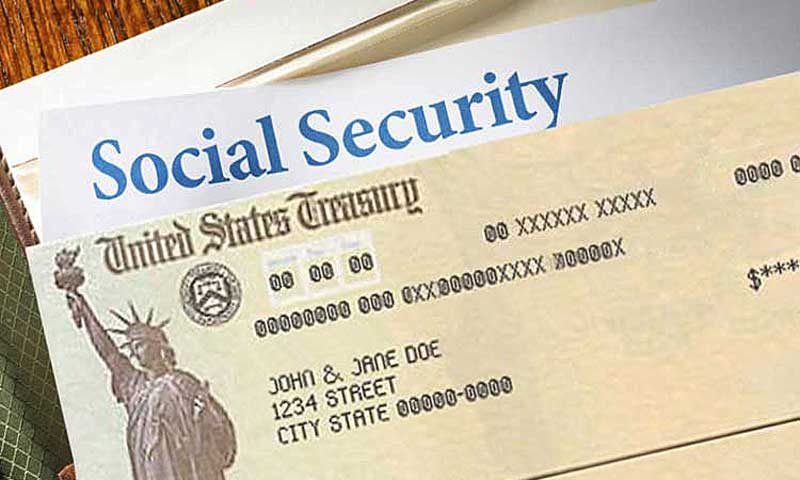
Collecting Social Security is a major factor for many seniors when it comes to determining the best age to retire.
For those of us seniors born between 1943 and 1954, age 66 is when we get to collect full benefits. If you take early eligibility, your benefits decrease considerably. You only get 75%. And, they will never go to full level.
If on the other hand you wait until age 70, you’ll get 132% of the original benefits amount. That’s 32% more than at age 66.
Now, the question becomes: When is the break even age? That means how many years will you have to collect your benefits at 132% to have gained the same amount of income you would have if you retired early at 62 with a 75% benefit?
According to smart asset.com the answer is 79. If you’re pretty sure you’re going to live well past 79, waiting may be a good option.
After that you’ll be making a tidy profit for waiting. That is, if you have lots of years left when you retire.
Still, others of us would rather have the extra money now while we know we can enjoy it.
* Full retirement age, the age at which you receive full benefits, gradually increases from 66 to 67 for anyone born in 1960 or after.
The Nest Egg
You’ll Need
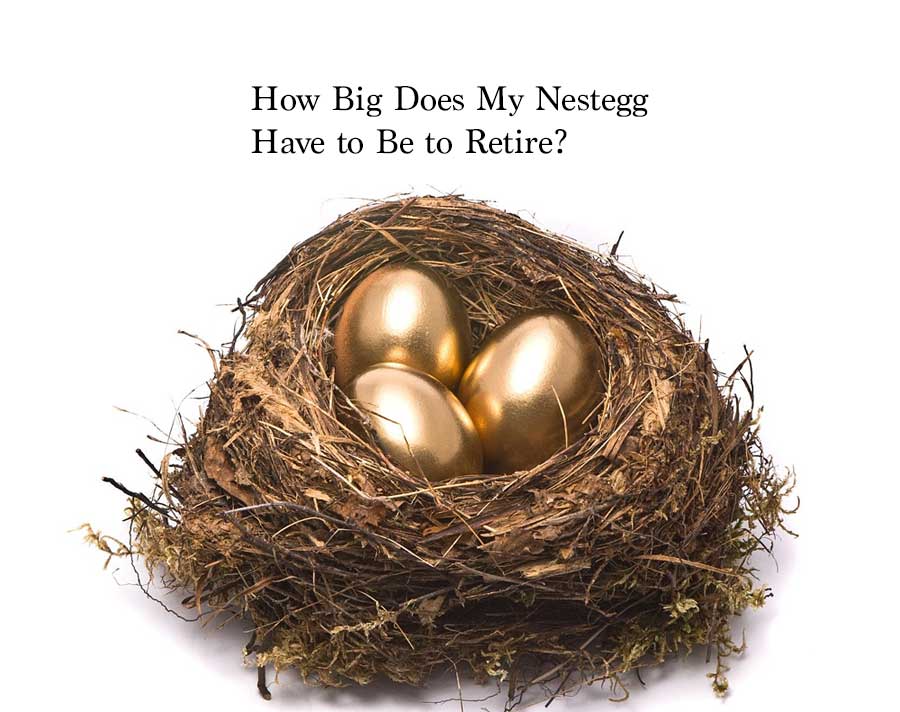
None of us know how long we’re going to live and what condition we’re going to be in. How able we will be late in life.
However: The sooner you retire, the more years you’ll be using your savings to pay for everything. So, the earlier you retire, the more money you’ll need put aside to pay for everything in your future.
If you retire before 65 you won’t yet qualify for Medicare.
You’ll need to buy your own health insurance until you’re 65.
After age 55 this can be expensive.
“The average health insurance plan costs nearly $5,500 per year for an individual and close to $14,000 for a family.” reference: CNBC
Retiring at Age 70
and Older

Now we’ll look at the other side of the coin:
For many seniors, the thought of having to work even 1 more year past 65 might sound like the last thing they would ever want to do.
For other, who really love their work, working to 70 and beyond seems like a gift.
Working longer has many advantages (especially if you live a long time):
1) You get to keep doing something you enjoy and that gives you an income.
2) You have more time to build up your savings and investments
3) You get the highest possible SS benefits payout
This means when you actually do retire, you’ll have more money to live life as you please, with less worry about outliving your assets.
If you stay healthy you’ll still have many years to enjoy the freedom of retirement in comfort.
The Best Age to Retire
CONCLUSION
When you are looking for the best age to retire, make sure you will be able to live comfortably if you get lucky enough to be quite old. Even if you live to 100!
Before you choose a retirement date, take into account your expenses, the things you’ll need (and want), and how much money you will have saved at retirement besides calculating your SS benefits or pension.
Remember: Worrying about money all the time is no way to spend your golden years.
That is why it is more important to think about “when” you can retire comfortably rather focusing on “the best age” to retire.
The main point is to just make sure you have the resources to truly enjoy and make the most of this new wonderful stage in your life.

To Your Happy Golden Years! ~ William, Fiona, and Charlotte







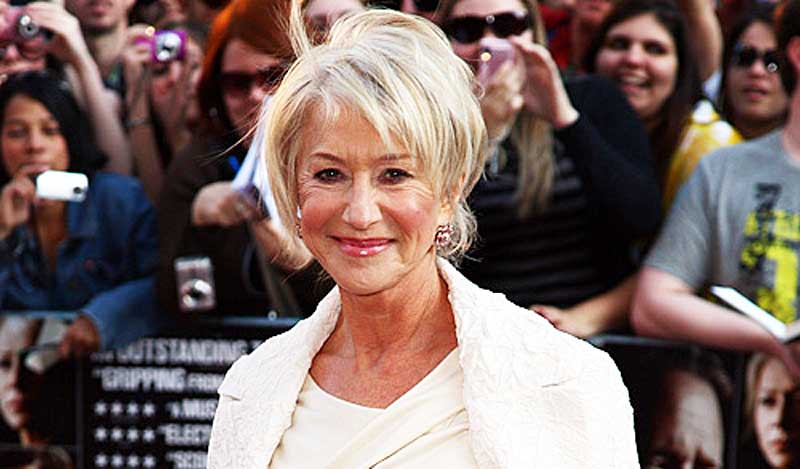




New! Comments
Have your say about what you just read! Leave me a comment in the box below.